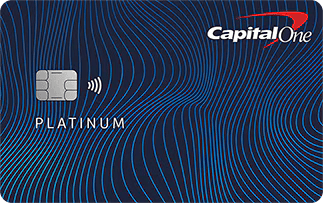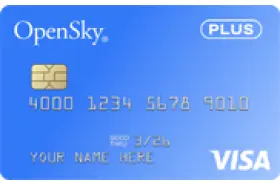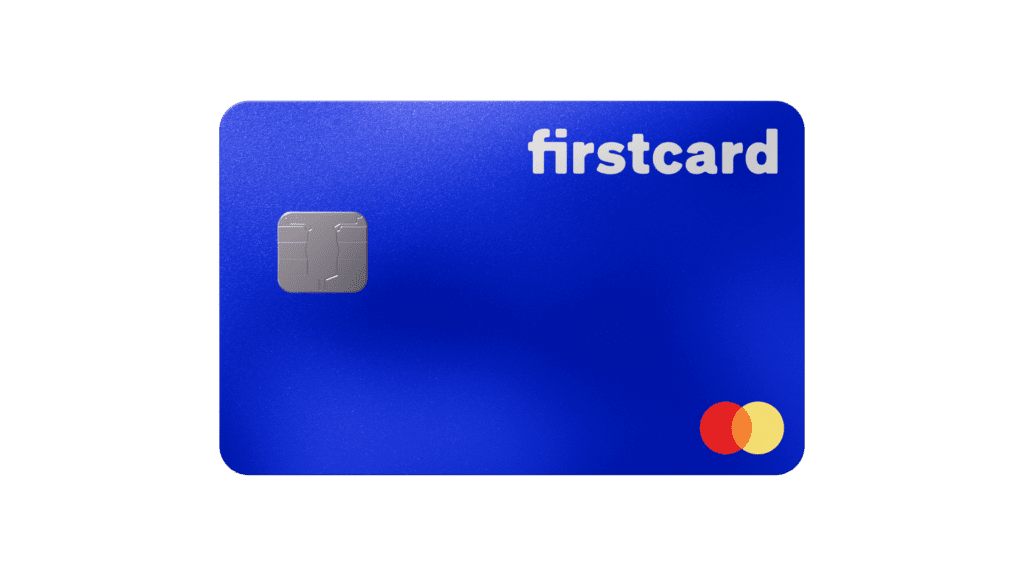The world of credit is not always easy to understand, yet when a person lives with disabilities, challenges may even be more complicated. Fixation on income in mainstream financial products may be unable to meet the needs of people with insufficient streams of income, who depend on fixed government benefits, or do not have traditional work history. The situation of the disabled in the USA is almost always one where they are underserved and overlooked by traditional credit institutions, and as such, there is a growing need to provide them access and inclusion within financial services.
Luckily, an increasing number of issuers realize the significance of providing credit cards for disabled people. These cards offer avenues to financial freedom, credit ratings development, and even a customized rewards program. Credit card choices are available whether you want credit cards for disability, a disability credit card, or just a credit card for disabled person with a fixed income. Knowing your choices is a first step to making a good decision.
In this ultimate guide, we shall address the best type of credit cards for disabled people, how to select a good credit card, and good tips on how to establish good credit responsibly.

Understanding Credit Needs for Disabled Individuals
It is essential to know the peculiarities of the financial environment experienced by disabled people before plunging into the realm of cards. Many disabled individuals, unlike conventional applicants, depend largely on any fixed incomes such as the Social Security Disability Insurance (SSDI) or the Supplemental Security Income (SSI). This tends to restrict the variety of credit products that they can avail.
Common barriers include:
- Limited Income: Most issuers of credit cards impose low income limits.
- No or Thin Credit History: Disabled persons often have few lines of credit and/or those of inactive status, and resultantly, are automatically denied.
- Fixed Benefits: Using disability benefits only, one may find it difficult to verify income sometimes.
Due to all these reasons, special aids like secured credit cards or disability credit card programs turn to be invaluable tools. Such alternatives would enable people to use the credit system securely, affectively start or restart their credit score and build on the way to financial security.
Banks are now moving in the right direction, where through the inclusion of disabled individuals into credit tracks in the form of credit cards, financial ecosystems are becoming inclusive.
Types of Suitable Credit Cards for Disabled People
Credit cards are not created equal and specific needs dealing with disabled people are taken into consideration. The most applicable ones are broken down like this:
Secured Credit Cards
The secured cards demand a refundable security depos acknowledgment that usually gets to be your credit limit. Among the non-credit individuals or those with bad credit history, they can be listed among the best alternatives. Secured cards may also report to the three largest credit bureaus, a fact which makes them strong tools in establishing the good credit history with time.
Ideal for:
- People that are interested in credit building or credit rebuilding.
- Candidates who do not have a conventional source of income yet are able to deposit one.
No Credit Check Cards
No-credit-check credit cards are geared towards people with no credit history or those that wish to avoid a hard inquiry–which may drop their score. These issuers will commonly base their decision on income, occupation, or bank history as opposed to credit history.
Ideal for:
Included are disabled individuals who have been rejected in the conventional credit form because of their poor or sparse credit reports.
Low-Income and Accessible Cards
There are also cards that are specially targeted to those who have low income, targeting people who have low income, with lax approval standards. They can include no annual fees and not unreasonable terms which make them viable options for people living on disability benefits.
Ideal for:
Credit card seekers interested in disability credit cards.
Rewards Cards
Less popular with first-time applicants, these days some secured and low-income cards do offer cashback or rewards points. Disabled people might make the best of their daily expenditures through responsible use.
Ideal for:
Cardholders who are prepared to balance monthly contents diligently so as to save the interest charges.
Top Credit Cards for Disabled People in 2025
After extensive research and comparison, here are the best credit cards for disabled individuals this year:

Key Features:
- Low Minimum Deposit: Deposit as little as $49 to unlock a $200 limit.
- No Annual Fee: Affordable for fixed-income individuals.
- Path to Unsecured Credit: Demonstrate responsible use for automatic reviews.
Why it’s great: Accessible for those with limited savings but a goal of growing credit quickly.

- No Credit Check: Approval decisions based on income and employment.
- Broad Accessibility: No bank account required.
- Affordable Annual Fee: $35 per year.
Why it’s great: Offers a true second chance for those previously denied due to credit history.

Key Features:
- Cashback Rewards: Earn rewards while building your score.
- No Credit History Needed: Open to all applicants.
- User-Friendly App: Manage your card easily via smartphone.
Why it’s great: Combines the benefits of cashback with responsible credit-building features.

Key Features:
- No Credit Check: Apply without a hard inquiry.
- No Annual Fee: Save money on card maintenance.
- Flexible Funding: Use your Chime account balance as a security deposit.
- Credit Building: Reports to all three major credit bureaus.
Why it’s great: Perfect for disabled individuals seeking an easy entry into the credit world with no hidden fees.

Key Features:
- Rewards Program: Earn 2% cashback at gas stations and restaurants.
- Credit Monitoring: Free FICO® Score updates.
- Automatic Review: After seven months, Discover evaluates your account for an upgrade to an unsecured card.
Why it’s great: Ideal for building credit while earning valuable rewards.
How to Choose the Right Credit Card for Disabled Individuals
What one should note when choosing a credit card for a disabled person are as follows:
Key Considerations
No or Low Fees: cards with no annual fee, low deposits, and low hidden fees should be the main priority.
Credit Reporting: Add the card to all three of the major bureaus.
Easy Approval: Find the cards, which do not need a minimum credit score.
Benefits and Rewards: The money may be stretched with cashback or points.
Disability Benefits subcategory
Numerous issuers will accept government benefits (such as SSDI or SSI) as good income. Check the application guidelines carefully twice to ascertain that you properly claim your benefits by entering your monetary details.
Be open and clear—when things are written in small letters and are not clearly read, then it can lead to unforeseen costs later in time or credit issues.
Tips for Using Credit Cards Responsibly When on Disability
After you have got your own disability credit card, responsible use is the best option to optimize the best out of them:
- Pay Balances in Full: To eliminate expensive rates save yourself the hassle of paying interest charges by paying your statement in full each month.
- Monitor Your Credit: Check your score with free services or through your card issuer web site.
- Stay Within Your Limit: Remember not to exceed 30 percent of your available credit.
- Set Payment Reminders: Forgetting to pay will hurt your credit and cause a rise in fees.
- Use for Essential Purchases: Don not fall into temptation-use the card to get the basic needs that include grocery, gas, or medical costs.
Through such practices, people who live on fixed incomes can gradually establish good financial personas.
Frequently Asked Questions
Can disabled people qualify for credit cards?
Yes. Today, many issuers offer other specialized types of cards, such as secured cards and no-credit-check cards, to fit special needs of the disabled and fixed-income populations.
Are there credit cards specifically for disabled persons?
Although there are no cards that are branded to disabled persons, most credit cards given to disabled persons have accommodating terms, simplified approvals, and lax eligibility requirements.
How to build credit on a fixed disability income?
Get a secured or no-credit-check card, practice responsibly, be sure to pay your balance on time, and keep track of your credit. Reporting your disability benefits as income when applying does also.
What are the best credit cards for disabled people with no credit history?
Those who do not currently have credit, or have a poor credit history, will find the Chime Secured Visa and OpenSky Secured Visa to be great options with flexible approvals and credit-building advantages.
Conclusion
Credit, as part of financial empowerment, plays an imperative role in life, and disabled individuals should have as many chances as possible to have good and independent financial prospects. No matter your need—credit cards to rebuild your credit rating, maximize rewards, or make day-to-day purchases—there are good choices of credit cards available to disabled citizens.
The trick is to choose the card that meets your peculiar needs, use it wisely, and with time form a good credit history. Financial independence is both doable and completely possible through proper tools and proactive efforts—whether disabled or not.
